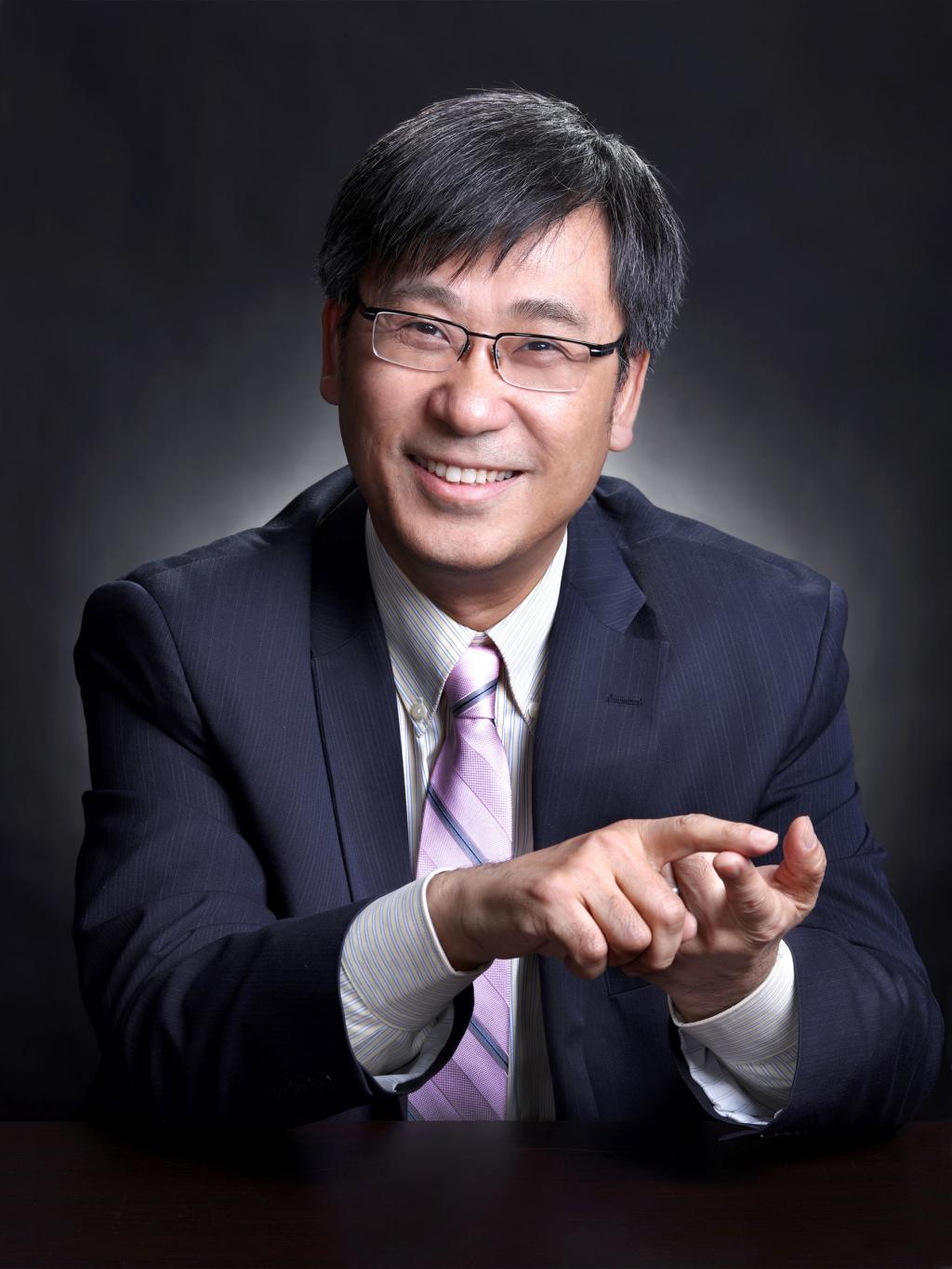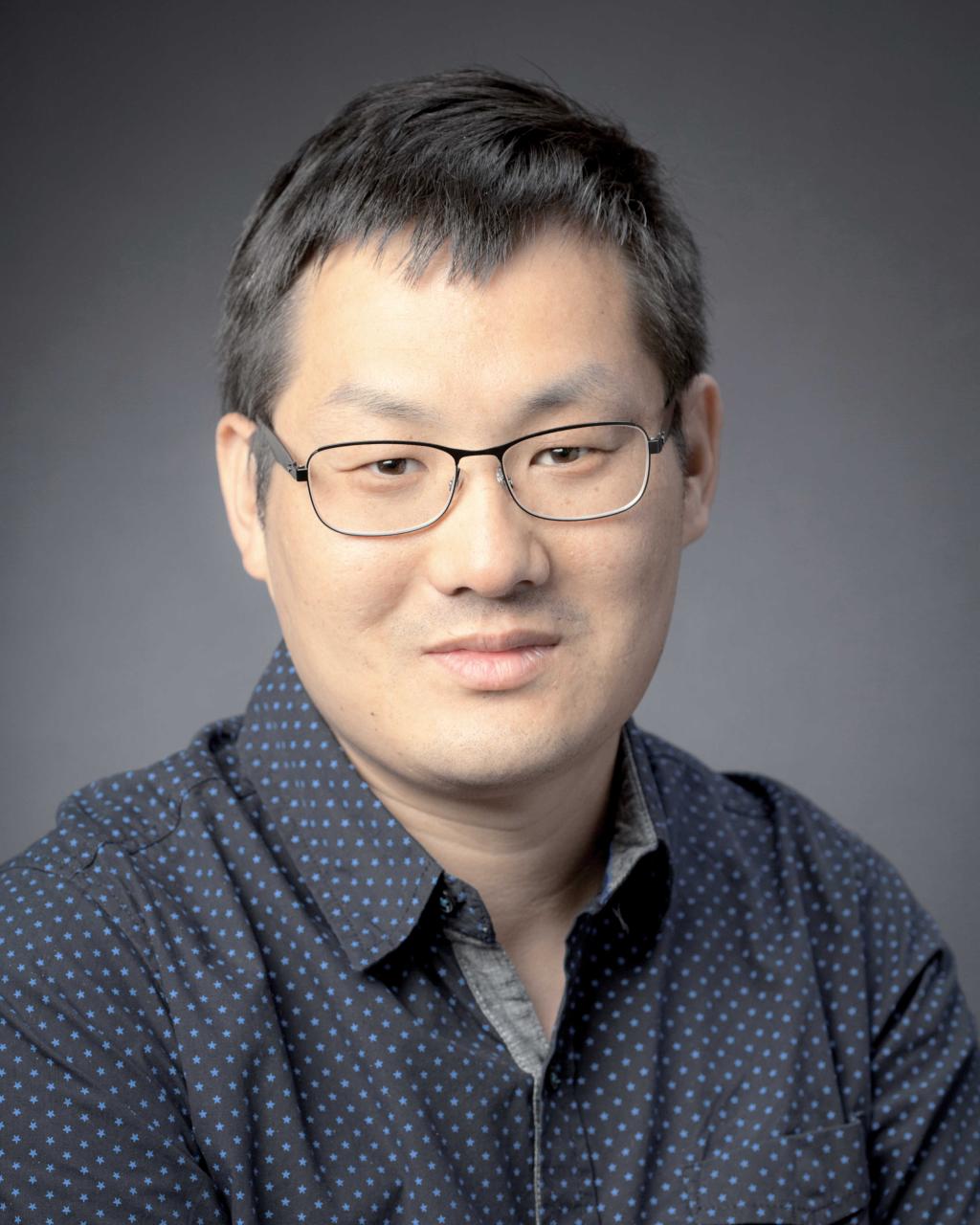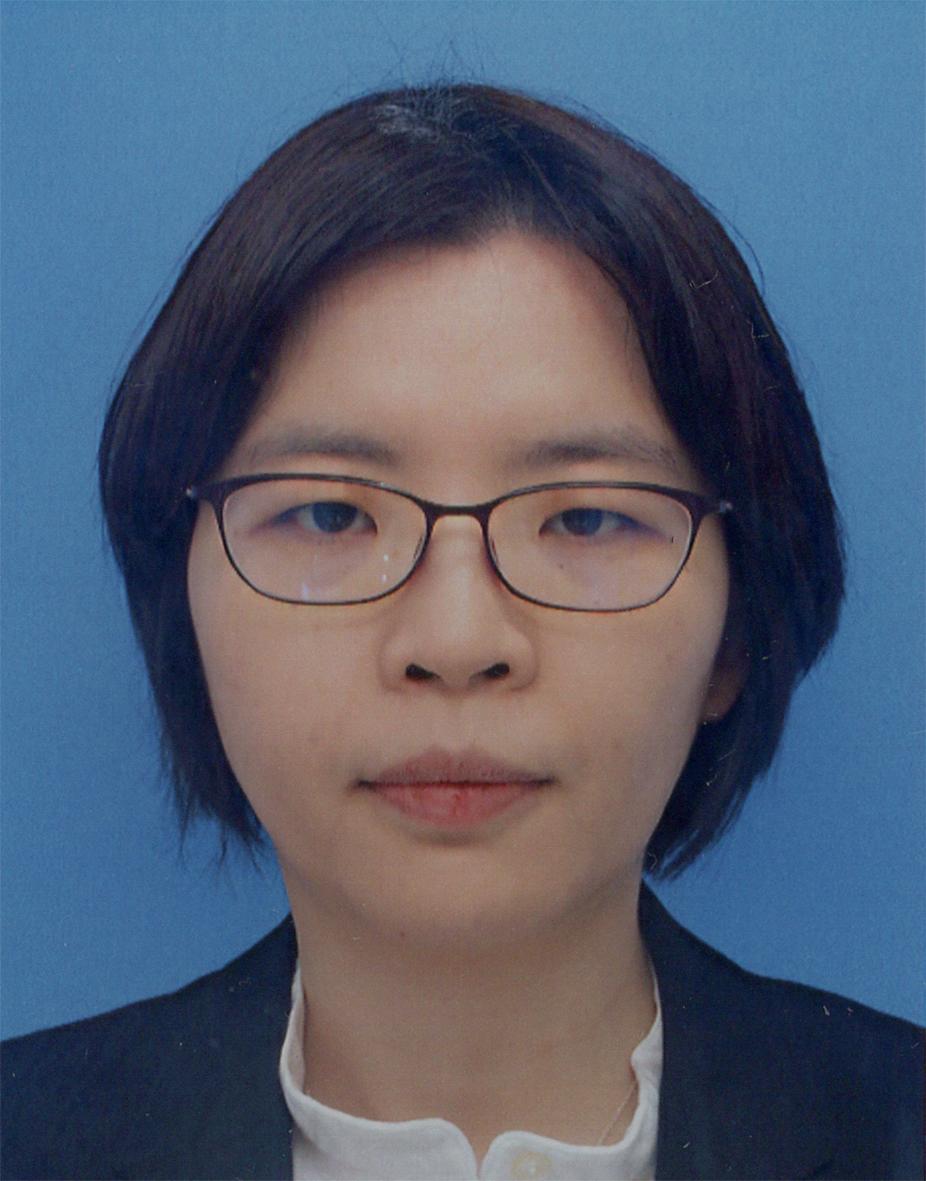Research Labs

Bing Su, Ph.D.
Professor
The research in my laboratory focuses on the biology of signal transduction mediated by the intracellular protein kinase network such as the mitogen-activated protein kinase (MAPK) cascades and the mammalian target of rapamycine (mTOR) pathway in gut immune responses and in blood vessel function/development. We study the genes that encode either the serine/threonine kinases or their regulators in the kinase pathways. Our studies have revealed the roles of these kinase pathways in transducing various receptor signals and in regulating cell growth, differentiation, and apoptosis.
View Full Profile

Florent Ginhoux, Ph.D.
Principal Investigator
Florent Ginhoux graduated in Biochemistry from the University Pierre et Marie CURIE (UPMC), Paris VI, obtained a Master’s degree in Immunology from the Pasteur Institute in 2000 and his PhD in 2004 from UPMC, Paris VI. As a postdoctoral fellow, he joined the Laboratory of Miriam Merad in the Mount Sinai School of Medicine (MSSM), New York. In 2008, he became an Assistant Professor in the Department of Gene and Cell Medicine, MSSM and member of the Immunology Institute of MSSM. He joined the Singapore Immunology Network (SIgN), A*STAR in May 2009 as a Junior Principal Investigator. He is now a Senior Principal Investigator and an EMBO Young Investigator and his laboratory is focusing on the ontogeny and differentiation of macrophages and dendritic cells (DCs) in both humans and mice. In 2015, he joined Shanghai Institute of Immunology as an adjunct professor.
View Full Profile

Huabing Li,Ph.D.
Principal Investigator
Dr. Li graduated from Nankai University with B.S. and M.S. degrees, then obtained his Ph.D. degree in Biochemistry in 2011 in Vincenzo Pirrotta lab at Rutgers, the state University of New Jersey, working on Polycomb mediated long-distance chromatin interactions in Drosophila. He continued his postdoc training with Dr. Richard Flavell at Yale University School of Medicine since 2012, working on regulatory RNAs and RNA epigenetic switches of the immune system. Dr. Li established his independent lab at Shanghai Jiao Tong University School of Medicine since 2017. The lab is especially interested in the physiological functions and molecular mechanisms of RNA epigenetic modifications and related RNA binding proteins in immune cells and related immune disease with mouse disease models. Combined with the state-of-the-art technologies and international collaboration, we aim to reveal novel fucntions and mechanisms of inflammation and autoimmune disease, which will contribute to the identification of potential targets for anti-autoimmune and anti-tumor drug development.
View Full Profile

Jing Wang, Ph.D.
Principal Investigator
Jing Wang received her B.S. in Biotechnology from Nankai University in 2005 and pursued her graduate studies on Immunology in Osaka University. Dr. Wang received her Ph.D. in Medical Science in 2011 and then continued as a postdoctoral fellow in Osaka University (2011~2013). In 2013, she joined the laboratory of Dr. Paul Kubes at University of Calgary as a postdoctoral fellow and was a recipient of the Banting Fellowship, the most prestigious postdoctoral fellowship in Canada. Dr. Wang joined Shanghai Jiao Tong University and Shanghai Institute of Immunology as a Principal Investigator since May, 2018. Her main research interest is to understand how various types of white blood cells recognize and respond to the presence of "danger agents" that may harm the body. Dr. Wang has published in top journals including Science, Cell, Nature Immunology, JEM and PNAS and has received several awards from Japanese Society for Immunology, Mitacs and Inoue Foundation for Science. Dr. Wang is also an associate faculty member of Faculty of 1000 since 2016.
View Full Profile

